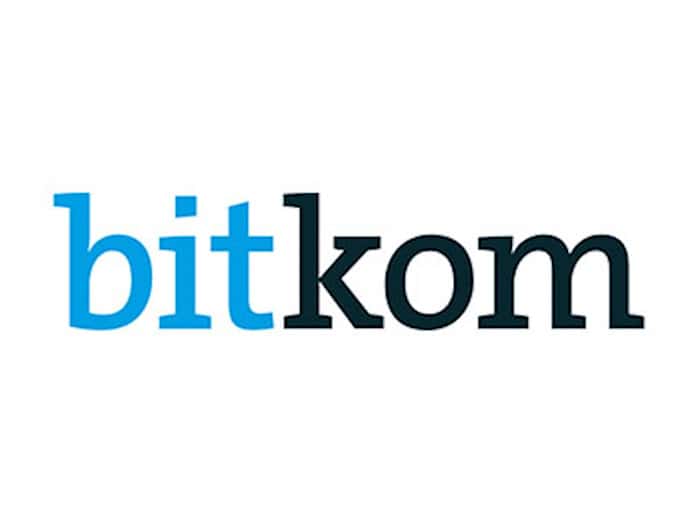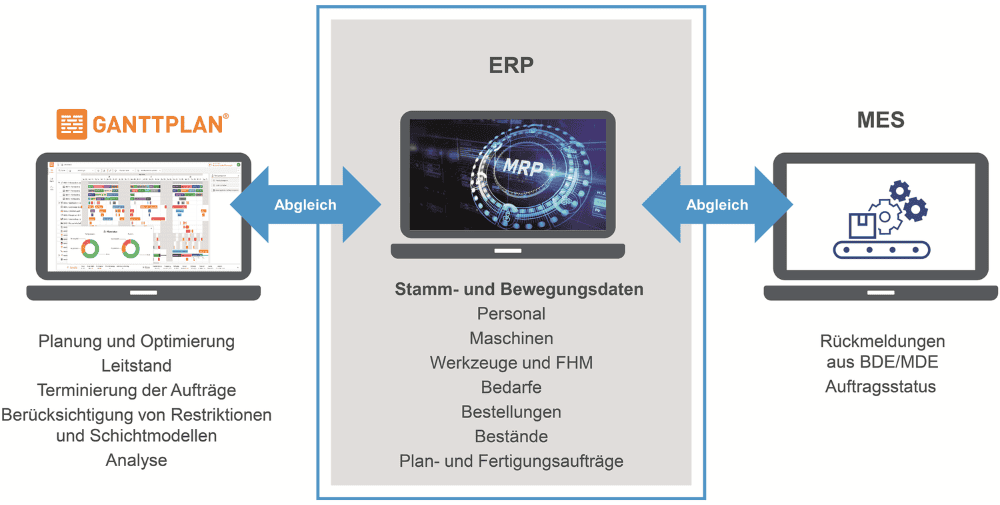
“The initial euphoria about the Metaverse may have subsided, but there is no reason for a swan song. On the contrary: many applications are already in practical use, especially in the commercial sector. This also applies to the industrial metaverse with digital twins in production,” says Bitkom CEO Dr. Bernhard Rohleder. “Wait and see is not a strategy. German companies should examine possible fields of application and closely monitor further technological developments.”
The metaverse is currently primarily associated with entertainment
According to the German economy, the metaverse could be particularly interesting for the gaming industry (74%), tourism (60%), media and entertainment companies (54%) and the IT and technology sector (52%). This is followed by real estate (47%), music (47%) and fashion (42%) as well as education and training (42%). However, the metaverse is also of interest to other sectors, such as healthcare (38%), logistics (36%) or sport (35%) and retail (31%). 18% say the metaverse is interesting for administration, 16% for industry and 12% each for finance, insurance and agriculture. “Although entertainment ranks at the top of the list when it comes to the perception of the metaverse, it also offers potential in numerous other sectors. In industry in particular, the metaverse improves processes, saves resources, increases security and boosts added value.”
The most important benefit of the metaverse for business is generally seen as an improvement in collaboration within the company (44%). The opportunity to develop new products or services was cited by 43%, while 12% cited the ability to adapt existing offerings. 39% say that the metaverse enables them to interact with customers in new ways, and 15% say that it creates access to completely new customer groups. 36% think that the metaverse enables a more sustainable use of resources. More efficiency in work processes is seen by 29 percent, in production processes by 19 percent. And 11 percent see an improved corporate image as an advantage of the metaverse.
The metaverse is primarily seen as a marketplace
With regard to their own company, the metaverse as a marketplace generates the greatest interest. For example, 45 percent say that product sales in the metaverse are interesting for their company, compared to just 35 percent two years ago. 44% find product presentations interesting (2022: 39%), 41% a virtual company presence (2022: 44%). Around a quarter (27%) are interested in digital twins for product and process development, 12% could provide services in the metaverse and 6% would consider concerts or cultural events in the metaverse. Interest in the metaverse for internal company collaboration has declined significantly since the end of the coronavirus pandemic. Only 37% are interested in virtual meetings (2022: 44%), 32% in employee training in the metaverse (2022: 44%), 23% in recruitment (2022: 28%), 21% in team-building events in the metaverse (2022: 41%) and 15% in onboarding new employees (2022: not surveyed).
More applications and standards desired, less data protection and legal uncertainty
A perceived lack of practical applications (76%) is considered to be the biggest challenge facing the metaverse. Two years ago, the figure was 66 percent. 43 percent see no benefit for their own company, while 14 percent are already investing in other future trends. But there are also concerns about the technology. Three quarters (73%) do not yet consider it to be mature, 55% complain about insufficient standardization and 10% lack external service providers. There are also regulatory challenges. For example, 67% complain about data protection requirements, 44% about legal uncertainties and an unclear legal framework and 36% about IT security requirements. However, there are also internal obstacles on the way to the metaverse. Around half of the companies lack know-how (52%) or qualified personnel (46%). A further 17% do not have sufficient financial resources or time for the topic.
The metaverse is difficult to understand
The problem for many is that they are not yet able to grasp the metaverse properly. 86 percent of company managers admit that they find it difficult to follow developments. Three quarters (76 percent) find it confusing that so many different applications are referred to as the metaverse. And 60 percent simply have problems visualizing the metaverse. Around a fifth (19 percent) of respondents find the metaverse scary. “The providers of metaverse technologies need to better explain the possible applications and agree on terminology and standards,” says Rohleder.
The market certainly has potential and investment in the metaverse is likely to increase significantly in the coming years. Although only 2 percent of companies invested in this area last year, practically none did so earlier. This year, 6 percent intend to invest in the metaverse, 9 percent plan to do so in 2025 and 22 percent expect to invest in the metaverse after 2025.
Companies want to be taken by the hand on their journey into the metaverse
Currently, companies are primarily looking for better information on marketable metaverse applications (61%) and roadshows or conferences that showcase specific applications (51%), as well as assistance with the legal and ethical assessment of their use (53%). The availability of specialists (47%), financial support for metaverse projects in companies (43%) and an external assessment of the quality of metaverse applications (39%) would also help the economy. In addition, 38 percent want an exchange with companies that are further along in the metaverse, while 37 percent would like to see a more intensive exchange with universities and research institutions. Around a quarter (28%) are in favor of expanding metaverse research activities. “As the next evolutionary stage of the internet, the metaverse offers enormous potential for business and society. We welcome the fact that both the European Commission and the German government see the opportunities of the metaverse for Germany and Europe,” says Rohleder. Bitkom has several publications showing how companies can already use the metaverse today, such as the “Guide to the Metaverse” and the “Industrial Metaverse” guide.
Around a tenth of companies (9 percent) believe that the metaverse will noticeably change the economy and society in the next two to five years. Around a quarter (23%) expect this to happen in the next six to ten years. Just over a third (37 percent) expect changes in ten years at the earliest – and a further quarter (26 percent) never.
– – – – – –
Further links
👉 www.bitkom.org
👉 Presentation: Metaverse 2024
Photo: pixabay




